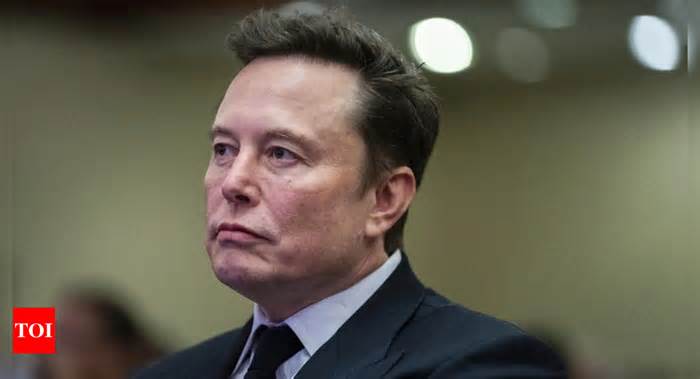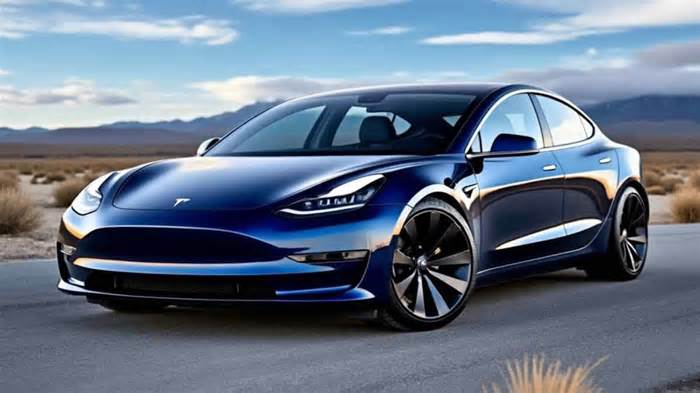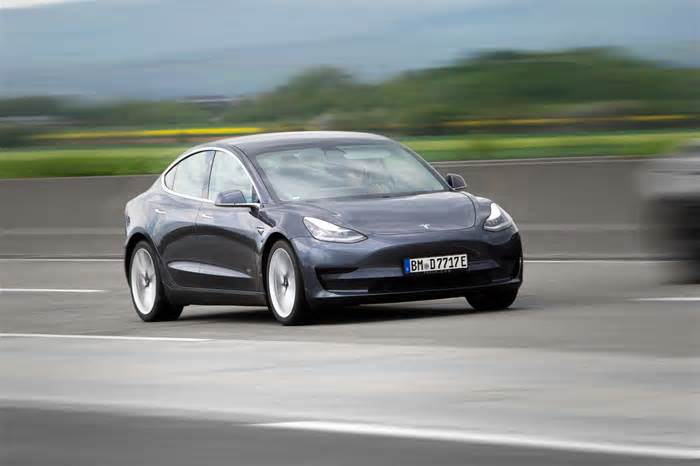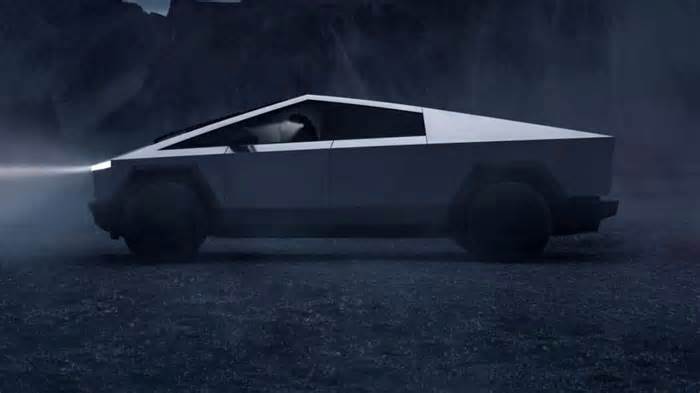
Scout Motors to Join Tesla And Rivian In Disrupting Dealerships With Direct To Consumer Sales
- by securities
- Oct 31, 2024
- 0 Comments
- 0 Likes Flag 0 Of 5
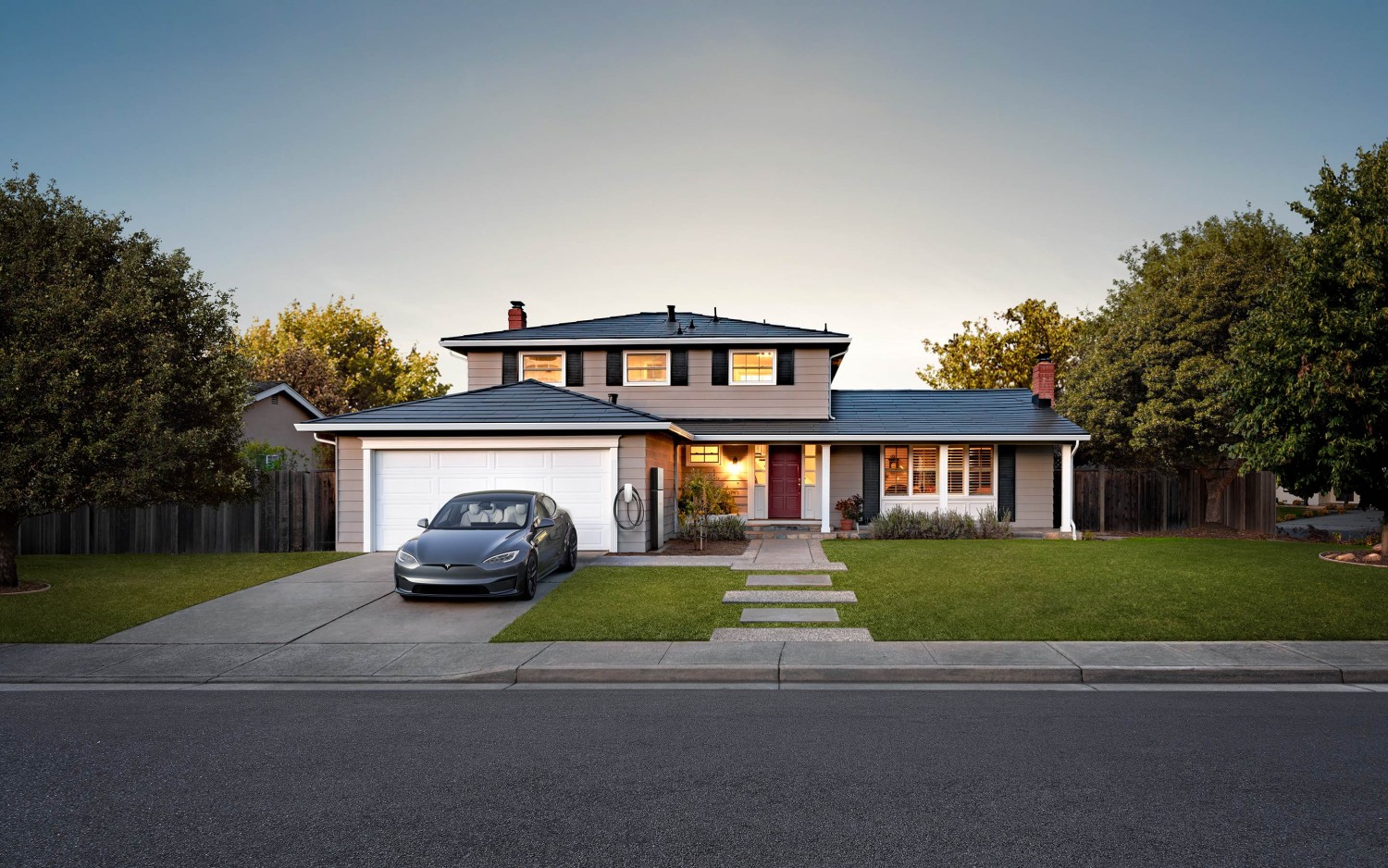
Jonathan Schramm
Securities.io is committed to rigorous editorial standards. We may receive compensation when you click on links to products we review. Please view our affiliate disclosure. Trading involves risk which may result in the loss of capital.
Table Of Contents Source: Scout Motors
What makes it a big deal is that contrary to new companies & brands like Tesla and Rivian, the Scout branding was inherited by Volkswagen in 2021 when it acquired Navistar International – a truck manufacturer that owned the defunct Scout brand.
So, are dealerships going the way of the dodo amid the EV revolution being embraced by larger groups?
Why Use Dealership In the First Place?
The way franchise car dealership works is that they are owned by independent owners or dealership chains, separate from the automakers, even if it might be named “Ford of Townville”.
They have supply contracts with the automaker, buy the cars from them, and resell them at a profit. Typically such franchise agreements give a dealer exclusive rights to a particular geographic sales territory for a specific manufacturer. And one dealership might have multiple contracts with different automakers.
Besides sales and local market knowledge, dealerships also usually provide repairs and maintenance and act as a relay in providing financing to car buyers.
Freeing Capital
A reason why this model became dominant, and is responsible for the huge majority of car sales in the US, was that it allowed car manufacturers to have local sale relays knowledgeable about the local market's preferences, and bringing their own capital to expand the automaker sales network.
As automaking was already a very capital-intensive business, not having to cough up more capital for the sales network in thousands of locations throughout the country was welcome for the early automakers.
An additional boost to available capital for automakers was that in the dealer system, automakers book revenue as soon as their vehicles leave the factory. So, fluctuation in demand and inventory could be partially buffered by the dealerships, and more working capital could be freed for the auto factories.
Regulations
Another reason this model became entrenched is that regulators perceived it as increasing competition. If a dealership in a small town sells multiple brands or multiple dealerships are competing, unfair pricing is less likely.
At the same time, dealerships as a group became a rather big business and a major employer. This gave it a strong lobbying power, which led to new laws being voted in many states, outright forbidding automakers to sell directly to customers.
The dealership business became big, with large publicly traded dealership groups, like Lithia Motors and AutoNation, buying up and combining independent dealerships. For the year 2023, AutoNation reported $27B in revenue, and Lithia Motors reported $31B.
Challenging Dealerships
Please first to comment
Related Post
Stay Connected
Tweets by elonmuskTo get the latest tweets please make sure you are logged in on X on this browser.
Sponsored
Popular Post
Tesla: Buy This Dip, Energy Growth And Margin Recovery Are Vastly Underappreciated
28 ViewsJul 29 ,2024






 Energy
Energy






